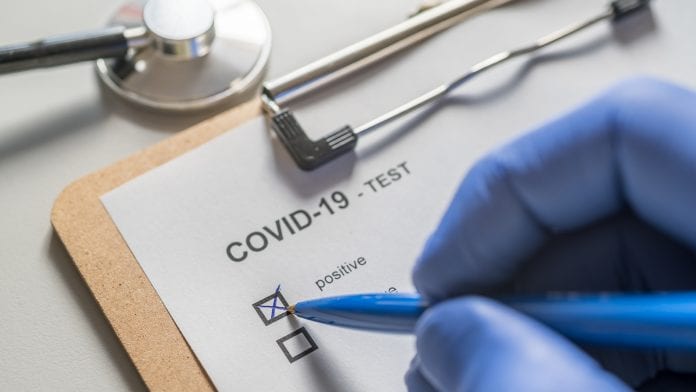
The European Commission will be stepping up rapid COVID-19 antigen testing and support to increase testing capacity.
The move follows the European Commission‘s recommendation to ensure a common approach is taken across the EU and more efficient testing strategies are undertaken. It provides guidance on selecting rapid antigen tests and calls for validation and mutual recognition of tests and their results.
Scaling up testing across the EU
The European Commission will also be contributing €35.5m, financed by the Emergency Support Instrument (ESI), to scale up COVID-19 testing capacity in the EU, which will be used to support training of staff for sampling collection and analysis and performance of tests, which will enable Red Cross Mobile Testing Teams to have access to the necessary equipment, lab items, and reagents to take samples and support national authorities in their work.
Stella Kyriakides, Commissioner for Health and Food safety said: “Testing tells us what the extent of the spread is, where it is, and how it develops. It is a decisive tool to slow down the spread of COVID-19. To increase EU coordination on testing methods, we are today providing guidance to Member States on the use of rapid antigen test to better manage COVID-19 outbreaks. Being efficient on testing also requires having the necessary resources, which is why we are also today stepping up our support to increase Member States’ testing capacity. Support and solidarity is key to overcome this pandemic.”
Containing spread of the virus across Member States
The recommendation will support Member States in fast identification of infected individuals and the regular monitoring of high-risk groups, such as medical personal or in nursing homes for the elderly.
The European Commission is encouraging Member States to conduct rapid antigen tests in addition to RT-PCR tests to contain the spread of the virus, detect infections, and limit isolation and quarantine measures, and has emphasised that mutual recognition of test results is vital in facilitating cross-border movement, cross-border contact tracing, and treatment, as compliance helps contribute to the free movement of people and the smooth functioning of the internal market in times of limited testing capacities.
























